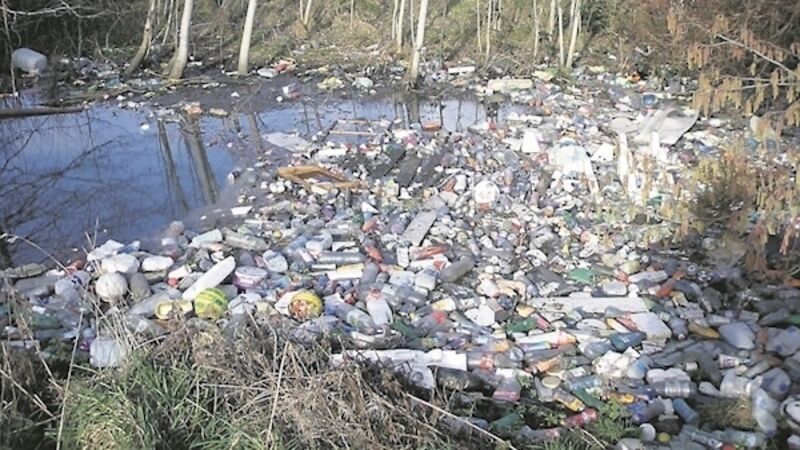Victoria White: How Government packaged its support of industry as sustainability

Am I part of the Government’s greenwashing campaign?
That’s what I’m thinking as I look at the box of litter pickers, gloves, and high-visibility vests, mostly manufactured in China and mostly wrapped in plastic and cardboard, which has just been delivered to my door.














